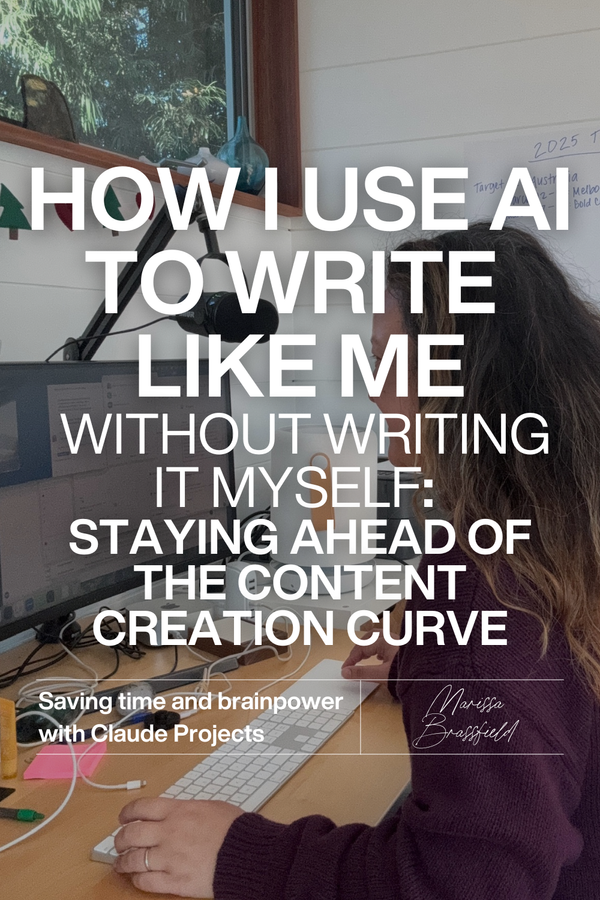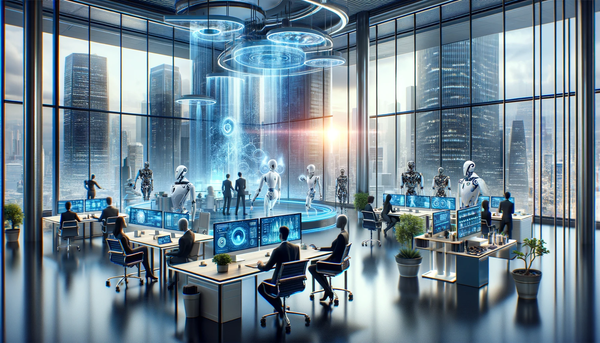In today's fast-paced work environment, it's not uncommon to find yourself working for long hours. The pressure to meet deadlines, attend meetings, and maintain a competitive edge can often cause us to sacrifice personal time to get more work done. While it may seem like working longer hours is the only way to stay ahead, this approach can have detrimental effects on your overall health and productivity.
In this article, we will explore the hidden dangers of extended work hours, the impact they can have on your physical and mental state, and how artificial intelligence can help you maintain a healthier work-life balance while boosting your productivity.
The Impact of Long Working Hours on Physical and Mental Health
Working excessively (more than eight hours) can take a serious toll on your physical health. Sitting in one place for extended periods can lead to a sedentary lifestyle, which has been linked to various health problems such as obesity, heart disease, and type 2 diabetes. Moreover, staring at computer screens for prolonged durations is a health hazard all its own that can cause eye strain, headaches, and long-term vision problems.
Another physical health concern associated with working long hours is the risk of developing musculoskeletal disorders. Remaining in the same position for extended periods can cause strain on your muscles, tendons, and ligaments, leading to conditions like carpal tunnel syndrome, tendonitis, and back pain. Working long hours can also disrupt your sleep patterns, resulting in fatigue, a weakened immune system, and a higher susceptibility to illnesses.
The mental health implications of working for long hours are just as concerning as the physical ones. Chronic stress is a common issue faced by those who regularly put in long hours at work. Over time, this can lead to anxiety, depression, and burnout – all of which can negatively impact your personal and professional life.
Working for long hours can also cause feelings of isolation and loneliness, as it often means sacrificing time spent with friends and family. This can lead to a decreased sense of emotional well-being and an increased risk of developing burnout and triggering existing conditions like anxiety or depression.
The Effect of Working Too Many Hours on Productivity
Ironically, the very reason many people work long hours – to increase their productivity – can be hindered by the practice itself. Studies have shown that working for long hours can lead to decreased cognitive function, which in turn affects decision-making and problem-solving abilities. This can result in a decline in work quality and an increase in errors, negating the intended productivity gains.
Working long hours can also lead to a lack of motivation and engagement. As fatigue sets in, employees may feel overwhelmed and burned out. This can result in a decrease in overall job satisfaction and a higher likelihood of turnover.
The Role of AI in Promoting Healthy Work Habits
Thankfully, the advent of AI has brought with it a wealth of tools and applications aimed at improving work habits, boosting productivity, and promoting overall well-being. By leveraging the power of AI, employees can optimize their time management, reduce stress, and maintain a healthier work-life balance.
One way in which AI can help you manage your time more effectively and reduce the need for working long hours is through smart scheduling and organization.
At Ridiculously Efficient, we use Reclaim.ai to automatically set clear boundaries for essential habits that boost performance, like uninterrupted focus time for important tasks, planning sessions, exercise, offline home life, time in nature, and eating meals away from your desk.
Generative AI is becoming embedded in core workplace tools like Asana, Trello, Whimsical, Monday.com, Slack, Notion, Google Workspace / G Suite, and Microsoft Office. While you can use a stack of single-purpose AI tools to manage your to-do list and optimize your workday, this setup isn't for everyone.
How Using AI Can Help Reduce Stress and Burnout
AI can also play a significant role in reducing workplace stress and preventing burnout. Some chatbots have built-in personalities that make everyday research feel like interacting with a human colleague.
But the most exciting use of AI in a modern work environment is when human professionals partner with AI to accelerate tasks where they might typically procrastinate. We love using ChatGPT's GPT-4 to help break down complex projects into bite-sized tasks and project plans, create first drafts of strategies and proposals, and rephrase technical or complex articles in simpler language.
Tips for Maintaining a Healthy Work-Life Balance with the Help of AI
Here are some tips for using AI to maintain a healthy work-life balance and avoid the pitfalls of long work hours:
- Utilize AI-powered scheduling and task management tools to stay organized and prioritize tasks effectively.
- Use AI-driven project management and collaboration tools to streamline your work processes and avoid the need for working long hours.
- Leverage AI-powered meditation and mindfulness apps to manage stress and maintain mental well-being.
- Seek support from human connections (including your family, friends, and your favorite licensed therapist) when feeling overwhelmed or burned out.
- Implement AI-powered health and wellness tools to stay on top of your physical well-being.
Embracing AI for a Healthier and More Productive Work Environment
Long work hours may seem like the only way to stay ahead in today's competitive work environment, but it can have serious consequences on your physical and mental well-being, as well as your productivity. By embracing AI tools and applications, you can optimize your time management, improve your work habits, and maintain a healthier work-life balance – ultimately leading to a more productive professional life and fulfilling personal life.
To learn how to use generative AI tools to help save time in your own professional workflow, consider subscribing to Creative Intelligence, our premium newsletter for professionals in people-facing roles.










Member discussion